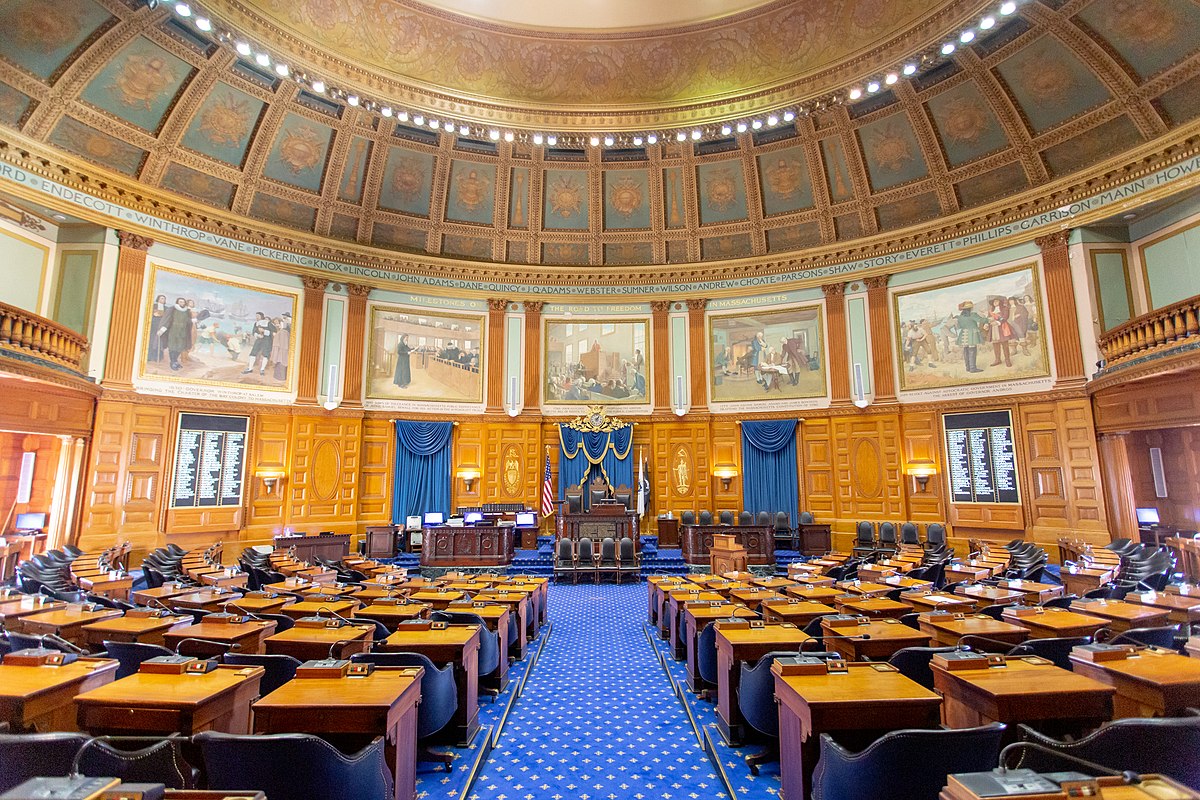July 16, 2020 – The Massachusetts House of Representatives has just voted favorably in an informal session to pass a bill to protect girls from female genital mutilation/cutting (FGM/C). H.4606 – An Act Relative to the Penalties for the Crime of Female Genital Mutilation will now go to the Senate floor for a vote.
Survivor Mariya Taher and activist Hanna Stern created a change.org petition to plead with the Massachusetts state legislature to protect young girls in Massachusetts from being cut by making illegal FGM/C. Taher has worked with the Women’s Bar Association of Massachusetts independently and on behalf of Sahiyo – United Against Female Genital Cutting, of which she is the U.S. Executive Director and co-founder.
Sahiyo, along with Taher, Yusuf and Stern, would like to thank the Women’s Bar Association of Massachusetts, Speaker of the Massachusetts House of Representatives, Robert A. DeLeo, and bill sponsors State Representatives Jay Livingstone (D-8th Suffolk), Natalie Higgins (D-4th Worcester), and Brad Jones (R-20th Middlesex, House Minority Leader) for today’s passage of bill H4606 “An Act Relative to the Penalties for the crime of Female Genital Mutilation (FGM)” in Massachusetts.
The FGM bill has not only bipartisan support, but also bicameral support, with over 100 Senate and House cosigners of the original bills (H3332, H1466). The bill has also been supported by almost 50 organizations, including The Women’s Bar Association of Massachusetts, U.S. End FGM/C Network, Sahiyo, UNICEF USA, Boston Mayor’s Office of Women’s Advancement, Office of the Child Advocate, Caucus of Women Legislators, American Academy of Pediatrics – Massachusetts Chapter, and American Congress of Obstetricians and Gynecologists (ACOG) – Massachusetts section, to name only a few.
FGM/C is defined by the World Health Organization as removal of all or part of a girls’ healthy sex organs and surrounding tissue for non-medical reasons, often resulting in serious health consequences, the risk of death in childbirth, and lifelong trauma. According to the Centers for Disease Control, half a million women and girls living in the United States have been cut or are at risk of FGM/C. Over fourteen thousand such women and girls reside in Massachusetts, which ranks as 12th in the nation for at-risk populations. Last legislative session, the Joint Judiciary Committee heard unequivocal testimony from survivors that FGM/C happens in the U.S. and that girls born in Massachusetts are at risk.
Thirty-eight states have already passed laws banning FGM/C including during the shutdown for the COVID19 pandemic, and with your immediate action by the Massachusetts Legislature and Governor Baker, Massachusetts can become number 39. We do not want our state to be a destination for FGM/C. In November 2019, a U.S. District court struck down the federal law making FGM/C illegal, finding that Congress exceeded its authority under the U.S. constitution, and that FGM/C is a violent crime that must be regulated by the states. Top Massachusetts law enforcement officials testified last September that existing state criminal laws would not cover FGM/C. The Department of Children and Families considers FGM/C a form of child abuse. Massachusetts must act to stop this practice.
We respectfully urge all to support this legislation and take the necessary steps immediately to send it to the Senate floor for a vote before the end of the session on July 31st.
Sahiyo is dedicated to empowering Asian communities to end female genital cutting (FGC) and create positive social change. By working towards an FGC-free world, we aim to recognize and emphasize the values of consent and a child’s/woman’s right over her own body. We aim to enable a culture in which female sexuality is not feared or suppressed but embraced as normal.
The Women’s Bar Association of Massachusetts (WBA) has over 1500 members and was founded in Boston, Massachusetts in 1978 with a goal to achieve the full and equal participation of women in the legal profession and in a just society. It is one of the oldest and largest women’s bar associations in the country.

